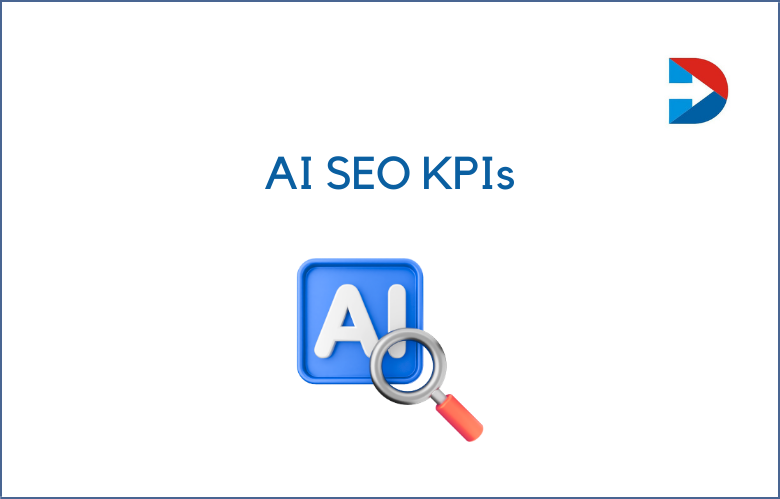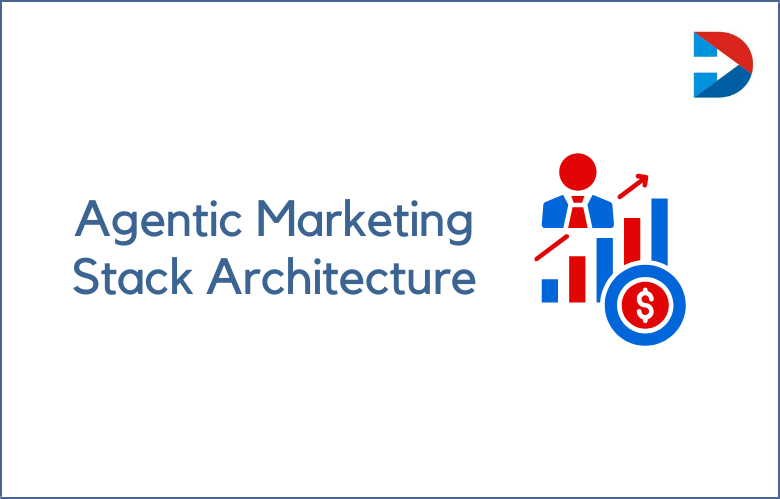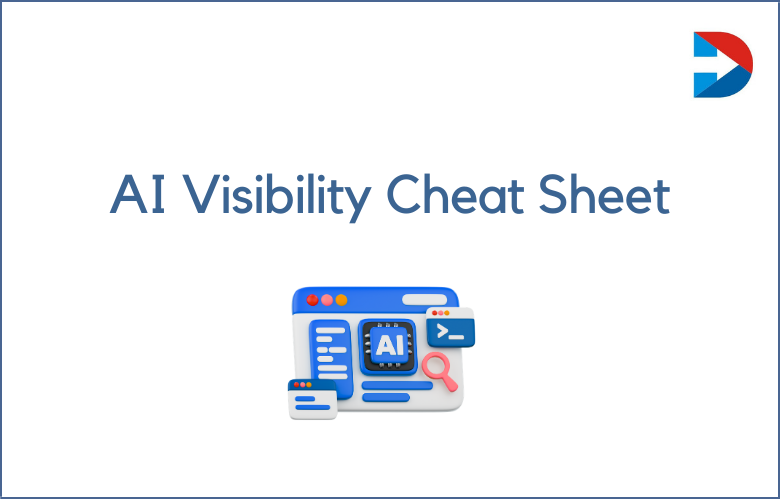
If you’re running a website, you know how important it is to maintain a high ranking in search engine results pages (SERPs). In today’s digital marketplace, ranking higher in SERPs means you get more traffic to your website, leading to more conversions and revenue. One of the critical factors in doing this is having a Content Management System (Headless CMS) that enables you to optimize your website for search engines.
However, not all CMSs are created equal, and headless CMSs have become increasingly popular due to their ability to improve your website’s SEO. So, what is a headless CMS, and how can it benefit your website’s SEO performance? Let’s dive in.
What is a Headless CMS?
Content management systems (CMS) are crucial in web development in organizing and publishing content online.
While traditional CMSs have been widely used for many years, recent technological advancements have led to the rise of headless CMSs. Explores what a headless CMS is and how it can benefit your SEO efforts.
A headless CMS is a content management system that separates the content from the presentation layer.
Unlike traditional CMSs, which integrate both the back-end and front-end processes, headless CMSs only focus on managing content and delivering it through APIs to display on any device or platform.
This means the content can be delivered to various channels, including websites, mobile apps, and wearables, without going through the usual channels requiring a working back-end process.
Why a Headless CMS is the ultimate solution to boost Your SEO?
Do you want to avoid your website taking long hours to update its content or, even worse, struggling with updating content across different platforms? Then it’s high time to experience the benefits that a Headless CMS can offer your website’s SEO.
A Headless CMS separates your website’s front end from its back end, allowing for more flexibility and efficiency when updating content. Let’s explore the numerous benefits a Headless CMS can offer your website’s SEO.
The most significant benefit of using a Headless CMS is the flexibility it offers to website owners. It enables them to create and share one piece of content across multiple platforms simultaneously, ensuring consistent updates across all channels.
With the ability to use API, you can deliver content directly to your target audience and provide an uninterrupted user experience. This leads to a better user experience as they don’t have to wait for a page reload, improving SEO performance.
How to optimize SEO with a Headless CMS
To optimize SEO with a headless CMS, you need to ensure your content is structured so search engines can easily crawl and understand. This means you should prioritize writing valuable, well-researched content that answers readers’ questions.
Also, you need to provide structured data, such as metadata, to help search engines understand your content better. With a headless CMS, you can conveniently add structured data to your content, reducing the manual work.
Understanding how a Headless CMS can benefit Your Website’s SEO
Many web developers and businesses are exploring headless CMS as an alternative to traditional content management systems.
This approach is gaining ground fast because it offers numerous advantages over traditional CMS, particularly when it comes to boosting website SEO performance.
A headless CMS is also gaining popularity in the digital space as a solution to the emerging challenges in contemporary web architecture. We’ll explore the concept of headless CMS and how it can benefit your website’s SEO.
Most traditional CMS setups work the same way, where you have a single admin dashboard to manage every aspect of your website.
Unfortunately, this approach can hold back your SEO efforts since the website front end (the part visitors see and interact with) is tied to the back end (the code running on servers) through a specific website theme/template.
This dependency makes it hard for a developer to implement additional SEO measures like caching, image optimization, and other techniques that require more flexibility to tweak the website’s structure.
Best Practices for Headless CMS Benefits SEO
Flexibility and Customisation
Due to its decoupled development approach, a Headless CMS provides more flexibility and customization options than traditional CMSs.
Headless CMSs only take care of content management and storage, while external tools handle the front end of the website.
This means the website developers can customize the front end and ensure it is optimized for search engine performance. As a result, your website will have a better chance of achieving a high ranking in SERPs and improving user engagement.
Faster Site Speed
A Headless CMS also improves your website’s loading speed, a critical factor in SEO. By decoupling content management and presentation, Headless CMSs use caching mechanisms, redistributing content across various servers and reducing server requests.
As a result, pages and content load faster, improving your website’s SEO score, user experience, and conversions.
Quality Content Management
While traditional CMSs handle content management and presentation, Headless CMSs only focus on content management, with no restrictions on production.
This allows you to focus on high-quality content creation without worrying about the presentation or the danger of your production affecting the content.
Headless CMSs allow you to experiment with different presentation methods while maintaining high-quality content, which helps increase user engagement and boost SEO rankings.
Mobile Responsiveness
In a world where mobile devices dominate, having a mobile-responsive website is essential to maintaining a high search engine ranking.
Headless CMSs are designed to be mobile-responsive and can adapt to various screen sizes without compromising on content quality.
This means that your website will be accessible to a more significant number of users, hence increasing your visibility and ultimately driving more traffic to your website.
Scalability
Scalability is crucial when running a website; a Headless CMS can help you manage it easily. As your website grows and your content becomes more valuable, you can scale horizontally with a headless CMS without affecting your website’s SEO score.
Headless CMS allows you to add servers, distribute content, and increase traffic to your website without affecting its performance.
Conclusion
In today’s digital marketplace, having a website that can rank higher in SERPs is crucial to staying ahead of the curve.
A headless CMS provides a flexible, customizable, scalable solution to improve your website’s SEO performance.
From faster site speed for improved user experience to quality content management and mobile responsiveness, Headless CMSs offer a range of benefits that traditional CMSs cannot.
Thus, a headless CMS is a step in the right direction if you want to improve your website’s SEO performance.



